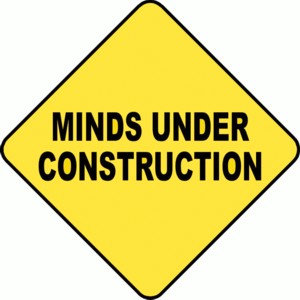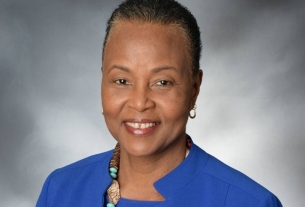The Education Crisis in The Bahamas
 In response to the Ministry of Education's public call for "papers and
In response to the Ministry of Education's public call for "papers and
documents on education" for inclusion in the National Electronic Database,
author Ralph J Massey, submitted 20 papers and four videos in two volumes.
Sadly, the well-researched documents were apparently ignored by the Minister of Education and the officials at the Ministry, thus perpetuating the crisis that is crippling The Bahamas
The Education Crisis in The Bahamas
 In response to the Ministry of Education's public call for "papers and
In response to the Ministry of Education's public call for "papers and
documents on education" for inclusion in the National Electronic Database,
author Ralph J Massey, submitted 20 papers and four videos in two volumes. The
videos we will make available at a later date.
Sadly, the well-researched documents were apparently ignored by the Minister of Education and the officials at the Ministry, thus perpetuating the crisis that is crippling The Bahamas
Volume One
Volume One has ten print publications.
1. The Bahamian Youth: The Untapped Resource of 2005 and 2007 were published
and distributed by the Coalition for Education Reform that represented the
tourism industry, hotel companies, their associations, the unions and the Nassau
Tourism Development Board.
This private industry initiative did not trigger an industry/Ministry dialogue.
2. "Education Achievement: As, Bs…Gs & Us – Apr 2008" defines more clearly the
unacceptable and high level of linguistic and numeric illiteracy experienced by
public school leavers.
3. The last four articles are print versions of the four videos and deal with
the fundamentals: Learning Gaps, Cognitive Skills, Culture and Teachers. They
define education's basics and their meaning for the Bahamas… namely the likely
results for the country if things remain unchanged.
Bahamian Youth Report #1 Jul 2005 –
217k PDF
Bahamian Youth – Untapped
Resource #2 Sep 2007 – 178k PDF
Ed. Achievement – A's, B's, G's & U's – Apr 2008
– 220k PDF
Educations Myths & Potholes – 139k
PDF
Education Policy Comments Mar '08
– 275k PDF
Importance of Quality Teaching Jul '08 – 303k
PDF
Academic Failure & Skills Gap –
270k PDF
Knowledge, Facts & Cognitive Skills –
83k PDF
Culture Really Counts – 150k PDF
Teachers Also Count – 113k PDF
Volume Two
Volume Two has ten publications
1. The first two; "Learning Crisis – April 2009" and "Re-examining education
failure – April 2011" are updates of the issues first raised in July 2005.
1. The next four document… from "Going for the Gold" to the "Misleading &
Nonsensical Statistic" address specific relevant issues. For instance, the paper
"Quality Teaching & Superman" clearly states the growth potential for the
individual and the nation in ending the scourge of illiteracy.
The last four… "UN Pathways to Human Development", "Superman & the
Inconvenient Truths", "Detroit – The Urban Tragedy" and "U.S. Public Education
Failure" provide a wider context within which to consider the public school
illiteracy problem in the Bahamas. Superman is, of course, a reference to the
"Waiting for Superman" documentary movie.
Learning Crisis April '09 – 722k PDF
Re-examining educational failure
– 127k PDF
Going for the Gold – 286k PDF
Math Exam for Teachers – 36k PDF
Quality Teaching & Superman – 92k
PDF
Misleading & Nonsensical
Statistic – Jun 2010 – 66k PDF
UN Pathways to Development – 120k
PDF
Superman & Inconvenient Truths –
149k PDF
Detroit – Urban Tragedy May 2011 – 269k PDF
These twenty papers are the output of seven years of writing on what is perhaps
the most serious challenge to Bahamian employers and the nation… the skill
level and work ethic of Bahamians seeking employment.
These twenty papers define the problem, the fundamentals and solutions.
Furthermore, they clearly show that other nations face the same problem that is,
in fact, enormous. It is enormous because existing institutions and cultures
defend their interests and resist change.
About Ralph Massey
Ralph Massey graduated magna cum laude/Phi Beta Kappa from Case University,
Cleveland, Ohio, in 1952 and three years later earned a masters degree in
Economics from the University of Chicago, where he was a Harry A. Millis Fellow
in Industrial Relations and a Research Associate in the Department of Economics.
A 36-year business career followed at Ford Motor, Kimberly-Clark, Johns Manville
and Chemical Bank (now part of JPMorgan Chase) where he was seconded to the Bank
of New Providence, Nassau, Bahamas in May 1984. He was a founding member of the
Nassau Institute and an Economist for the Coalition for Education Reform.


